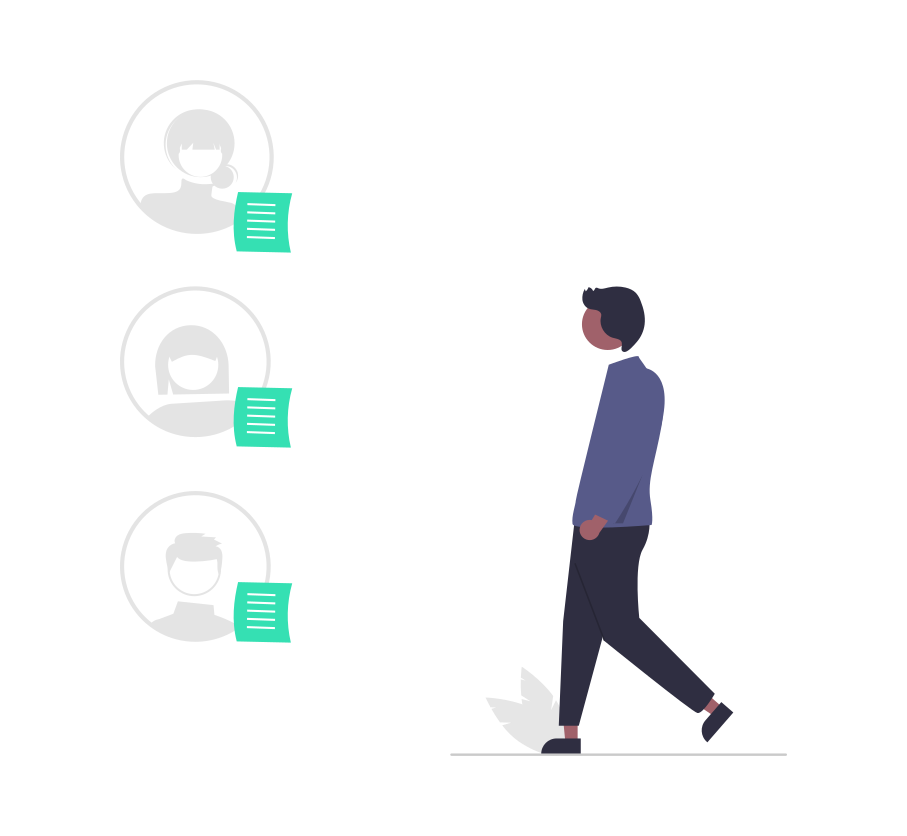The Future of AI in Education
Discover how Artificial Intelligence is revolutionizing the education sector and shaping the future of learning.
Enhancing Learning Experiences with AI
Artificial Intelligence (AI) is transforming the way students learn by enhancing their learning experiences. With AI-powered tools and technologies, educators can create personalized learning paths for each student, catering to their individual needs and learning styles. AI algorithms can analyze vast amounts of data to identify patterns and trends, allowing educators to gain insights into student performance and adapt their teaching strategies accordingly. This personalized approach to education helps students to better engage with the material and achieve improved learning outcomes.
Furthermore, AI can provide interactive and immersive learning experiences through virtual reality (VR) and augmented reality (AR) applications. These technologies enable students to explore subjects in a more dynamic and interactive way, making learning more engaging and memorable. For example, students can use VR simulations to conduct virtual experiments in science or explore historical landmarks in history lessons. By providing such immersive experiences, AI is revolutionizing the traditional classroom environment and making learning more exciting and effective.
Personalized Education through AI
One of the key benefits of AI in education is its ability to deliver personalized education to students. AI algorithms can analyze student data, such as their performance, preferences, and learning patterns, to create customized learning paths. This personalized approach helps students to learn at their own pace and focus on areas where they need the most support. AI-powered adaptive learning platforms can provide targeted recommendations and resources to students, ensuring that they receive the right content at the right time.
Moreover, AI can also assist teachers in providing personalized feedback to students. Through automated grading systems, AI can quickly analyze and evaluate student assignments, providing detailed feedback and suggestions for improvement. This not only saves teachers time but also allows them to provide timely feedback to students, helping them to understand their strengths and weaknesses and make necessary improvements. Overall, AI-powered personalized education is revolutionizing the traditional one-size-fits-all approach and enabling students to achieve their full potential.
AI-powered Virtual Assistants in Education
AI-powered virtual assistants are becoming increasingly popular in the education sector. These virtual assistants, such as chatbots, can provide students with instant support and guidance, ensuring that they have access to resources and assistance whenever they need it. Virtual assistants can answer students' questions, provide explanations, and offer additional resources to support their learning. By leveraging natural language processing and machine learning algorithms, these virtual assistants can understand and respond to students' queries in a conversational manner, making the learning process more interactive and engaging.
Furthermore, virtual assistants can also assist teachers in managing administrative tasks, such as scheduling, grading, and attendance tracking. By automating these routine tasks, teachers can focus more on delivering high-quality instruction and providing personalized support to students. AI-powered virtual assistants are revolutionizing the way education is delivered, making it more accessible, efficient, and engaging for both students and teachers.
AI Chatbots for Efficient Student Support
AI chatbots are transforming the way students receive support and assistance. These chatbots can provide instant answers to students' questions, reducing the need for them to wait for a teacher or support staff to be available. AI chatbots can provide 24/7 support, ensuring that students have access to help whenever they need it, even outside of traditional school hours.
Moreover, AI chatbots can also assist students in organizing their study schedules, setting reminders for deadlines, and providing study tips and recommendations. By leveraging AI algorithms, these chatbots can understand students' preferences and learning patterns, tailoring their support and recommendations accordingly. This personalized and efficient support system helps students to stay organized, manage their time effectively, and succeed academically.
However, it is important to consider the ethical implications of using AI chatbots in education. Privacy and data security are crucial concerns that need to be addressed to ensure the responsible use of AI technology. It is important to implement robust data protection measures and obtain appropriate consent from students and parents before collecting and analyzing their data. Additionally, transparency and explainability are essential to build trust and ensure that students understand how their data is being used. By addressing these ethical considerations, AI chatbots can be effectively integrated into the education system, providing valuable support to students while safeguarding their privacy.
Ethical Considerations in AI Education
As AI continues to revolutionize education, it is essential to consider the ethical implications of its use. One of the key concerns is the potential bias in AI algorithms. AI algorithms are trained on historical data, which may contain biases and prejudices. If these biases are not identified and addressed, they can perpetuate inequalities and discrimination in education. It is crucial to ensure that AI algorithms are fair, transparent, and unbiased, and that they do not reinforce existing social biases.
Another ethical consideration is privacy and data security. AI systems in education collect and analyze vast amounts of student data, ranging from academic performance to personal information. It is important to implement robust data protection measures to safeguard this sensitive information and ensure that it is used responsibly. Additionally, obtaining appropriate consent from students and parents before collecting and analyzing their data is necessary to respect their privacy rights.
Furthermore, it is important to consider the potential impact of AI on employment in the education sector. While AI can automate routine tasks and enhance efficiency, it may also lead to job displacement for certain roles. It is crucial to ensure that AI is used to augment human capabilities rather than replace them. This can be achieved by upskilling and reskilling educators to leverage AI technology and adapt to the changing needs of the education sector.
In conclusion, while AI presents numerous opportunities for improving education, it is crucial to address the ethical considerations associated with its use. By ensuring fairness, transparency, privacy, and responsible implementation, AI can revolutionize education in a way that benefits all students and promotes inclusive and equitable learning environments.


